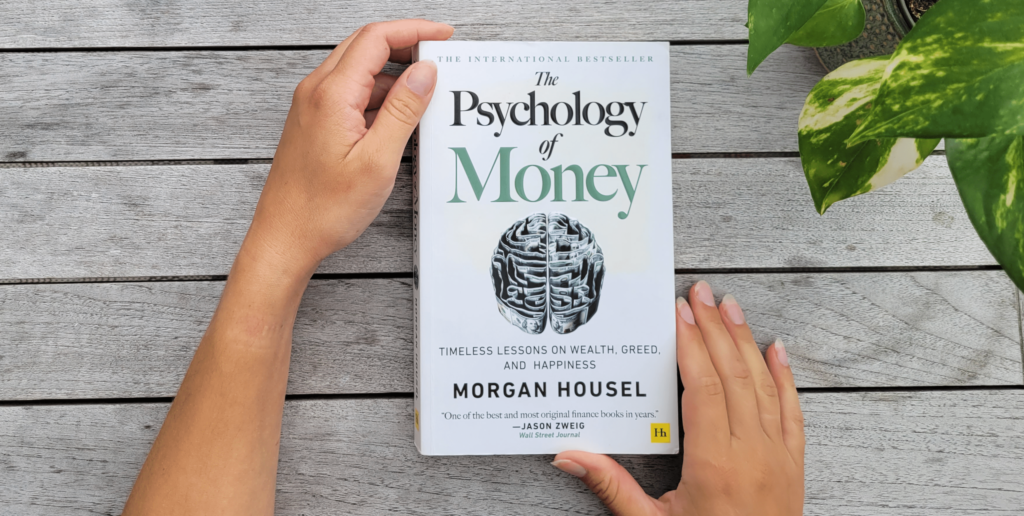Introduction
Money isn’t just about numbers—it’s about behavior. In The Psychology of Money, Morgan Housel explores how emotions, habits, and life experiences shape financial decisions. Unlike traditional finance books filled with charts and calculations, this book focuses on the psychology behind money management—making it a must-read for anyone looking to build wealth wisely.
In this review, we’ll break down the book’s key lessons, why it’s worth reading, and who can benefit the most.
Book Summary: What Is The Psychology of Money About?
Housel presents 19 thought-provoking stories that highlight the emotional and psychological factors influencing our financial choices. He explains why financial success isn’t about intelligence but rather about patience, discipline, and mindset.
Through real-world examples—from Warren Buffett’s long-term investing strategy to the impulsive spending habits of lottery winners—the book teaches why people make irrational money decisions and how to avoid common financial pitfalls.

Key Takeaways from The Psychology of Money
1. Your Behavior Matters More Than Math
Most finance books focus on numbers, but Housel emphasizes that how you think about money determines your financial success. You don’t need to be a math genius—you just need the right mindset.
2. Wealth Is Built Through Patience, Not Risky Investments
The book highlights that long-term consistency is more powerful than trying to time the market or chase high-risk investments. Warren Buffett became one of the richest people in the world not just because of smart investments, but because he started young and stayed consistent.
3. Luck vs. Skill – Don’t Compare Your Journey to Others
People often compare their financial progress to others, but luck and timing play a huge role in success. Focus on what you can control—your spending, saving, and investing habits—rather than chasing trends.
4. Saving Is More Important Than High Income
Earning more money doesn’t guarantee wealth. The book teaches that financial security comes from saving and spending wisely, not just making a high salary.
Who Should Read The Psychology of Money?
This book is perfect for:
✔️ Anyone looking to improve their financial mindset
✔️ Investors who want to avoid emotional decision-making
✔️ Entrepreneurs and business owners managing wealth
✔️ Young adults and students building financial habits.
Final Thoughts: Why The Psychology of Money Is a Must-Read
If you want to change the way you think about money and build a healthy financial future, this book is a game-changer. It’s engaging, practical, and packed with insights that will help you make smarter financial decisions for life.
Ready to improve your relationship with money? Grab your copy of The Psychology of Money today!


